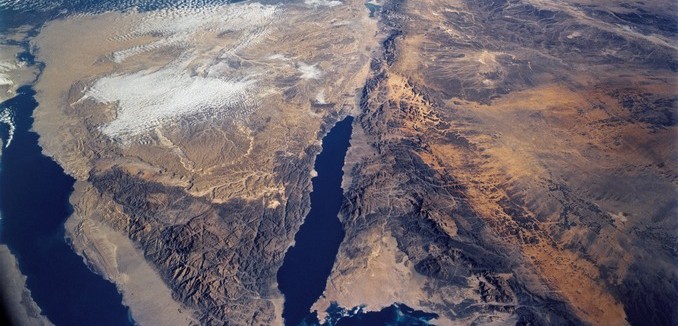An Al-Qaeda affiliate in Iraq has claimed responsibility for a series of deadly bombings that killed 21 people and wounded more than 100 last Sunday in Baghdad. The group, calling itself The Islamic State of Iraq, described the attack as a sectarian strike:
“The operation was in response to the repression of the Shiite criminal government and its policies against the Sunnis in Baghdad’s neighborhoods of raids and arrests, displacement, killing, humiliation and violation of our women and livelihoods, seizing the land and the wealth of the Sunnis,” the Islamic State of Iraq said in a statement, which surfaced on militant websites… “This is why the ISI mobilized Sunni men to hit them deep in a new conquest and to carry out simultaneous attacks against these impure filthy infidels,” the group said.
While analysts differ sharply on the degree to which Al Qaeda’s capabilities have been degraded, there is a converging consensus that the group’s essentially decentralized structure allows it to take advantage of chaos in one region as it is dislodged from others. In North Africa Al Qaeda-linked forces have established footholds in Libya and until recently in Mali, and the Syrian opposition is increasingly led by Al Qaeda affiliates.
Meanwhile in the Sinai Peninsula there are increasing concerns that Egyptian forces are either unable or unwilling to stem the tide of growing Al Qaeda influence. Cairo’s efforts to restore law in the area have been hampered in part by the Palestinian group Hamas that controls the Gaza Strip, which borders the Sinai. Last summer Hamas released the leader of an Al-Qaeda-linked group with close links to groups in the Sinai. Israel believes the terrorist, Abu Walid Al-Maqdisi, was the mastermind of three bombings in the Sinai resort town of Dahab in 2006 that killed 23 people, and he is also suspected of involvement in the 2011 murder of the Italian Gaza-based activist Vittorio Arrigoni.
Egyptian has in recent days begun to flood the underground tunnels running between the Gaza Strip and the Sinai Peninsula. The move has been linked to assurances provided by Egypt to Israel as part of the Cairo-brokered ceasefire that brought an end to Israel’s Operation Pillar of Defense against Hamas. It is also reportedly grounded in Egyptian fears that the weapons flowing back and forth between the areas will be turned against Egyptian officials, soldiers, and civilians by Al Qaeda-linked terrorists.
[Photo: NASA / Wiki Commons]




